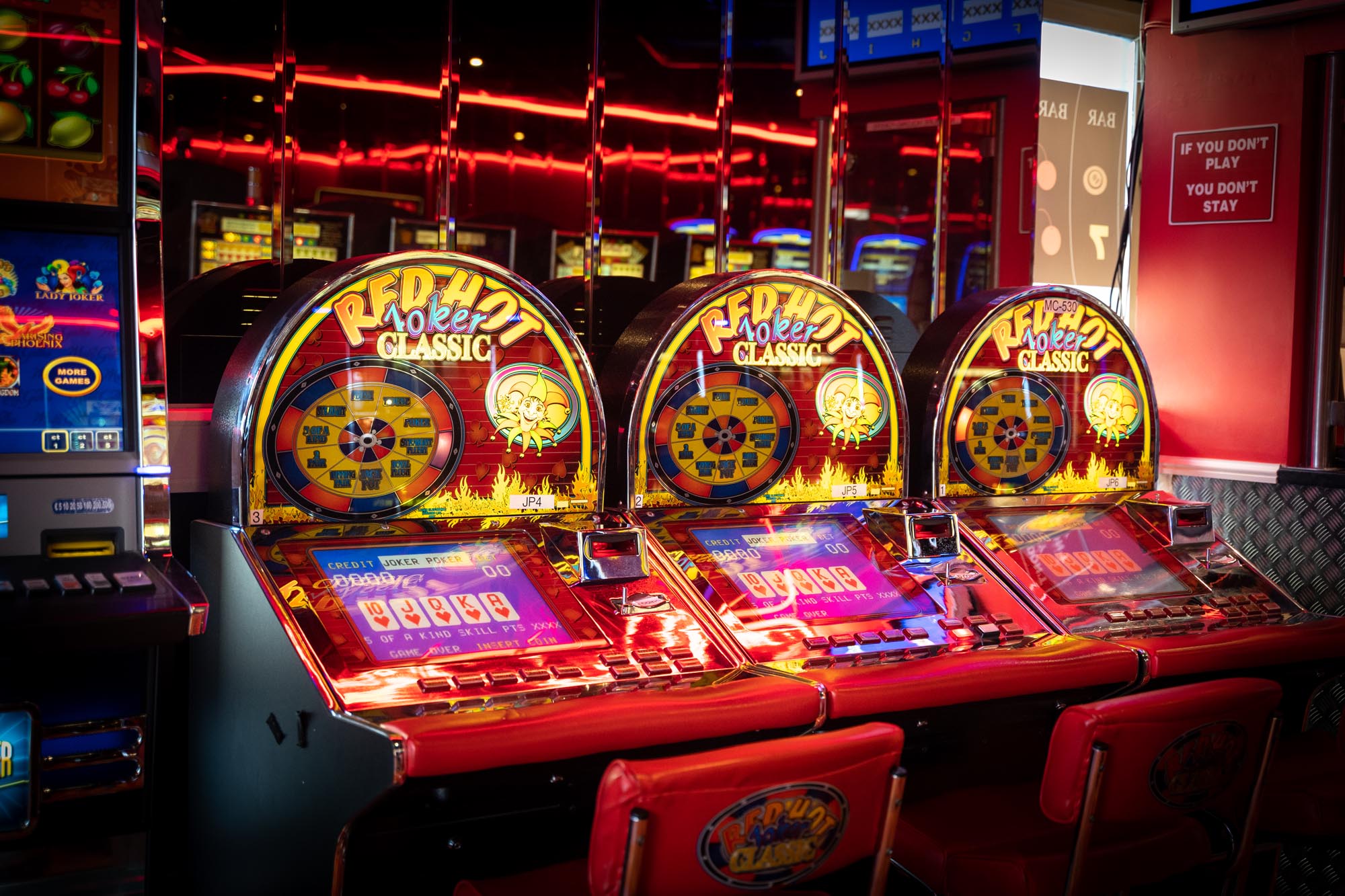
How Casino Games Mirror our Mankind's Existence

Casino games have long been an integral part of human culture, providing not just entertainment but a fascinating reflection of our aspirations, wishes, and concerns. From the spinning reels of a slot machine to the tactical play of poker, these games embody a spectrum of human feelings and incidents. At their core, casino games are not just a chance to make profits; they are a reflection of life itself, where risk and reward merge and luck can change in an instant.
As players gather around tables or sit in front of brightly lit machines, they engage in a tradition that transcends mere playing. These games mirror our innate desires for relationships, thrill, and the pursuit of luck. They also reveal deeper truths about human nature, such as our relationship with fate and the thrill of the unknown. In exploring casino games, we uncover not only the nuances of play but also the complex weave of the human journey, showcasing our intertwining narratives of aspiration and reality.
The Mind Behind Gambling
Gambling is intrinsically connected in human psychology, tapping into various feelings and wants. The excitement of taking risks is a core aspect that draws players in, be it it's thrill of spinning a roulette or the anticipation of drawing a winning hand in poker. This rush of adrenaline is often compared to other forms of thrill, as the uncertainty of outcomes elicits a distinct psychological response. Players often find themselves captivated by the chance of striking it rich, leading to an almost magnetic draw toward casino games.
Additionally, an essential component of the psychology behind gambling is the concept of hope and aspiration. Participants often indulge in fantasies of financial freedom and the luxurious lifestyle that can follow winning. This hope fuels their continued participation in gambling, as it provides a sense of meaning and the conviction that a life-changing win could be just one wager away. The narrative of overcoming odds and achieving success resonates with many, strengthening their dedication to play and involve themselves with these games.
Lastly, social aspects play a significant role in gambling psychology. Casino environments are designed to foster social interaction, where players gather to share the journey of wins and losses. This shared aspect not only amplifies enjoyment but also influences behavior, as individuals often imitate the actions of others in their vicinity. The collective approval found in shared excitement can enhance the emotional experience, making casino games a mirror of not just personal desires but also shared involvement within the gaming community.
## The Dual Nature of Risk and Reward
Casino games embody the fragile balance between danger and reward that resonates deeply with the human experience. KUBET The excitement of placing a bet is often accompanied by a surge of excitement, as players are confronted with the possibility of winning big, yet fully aware of the risk to suffer losses. This twofold experience reflects a essential aspect of life: the decisions we face often come with inherent risks, and the chase for gain can push us to embrace risks we might not typically consider. In this way, casino games echo real-world decisions, enticing players to gamble not just their money, but also their aspirations.
The allure of big prizes and payouts fuels a sense of optimism, motivating gamblers to envision a brighter future that could emerge from a single victorious spin of the wheel or turn of a card. This hope can motivate individuals to engage in greater risks, encouraging them to take greater risks in search of financial gain. However, just as in life, the outcomes of these risks can lead to both triumph and loss. The stories of both jackpot winners and those who have faced losses everything at the casino demonstrate the random nature of luck and its significant repercussions on our lives.
Ultimately, the interaction of engaging with casino games serves as a strong reminder of the nature of humanity. Every session played is loaded with the tension of ambiguity, as players weigh the rewards against the risks. This balance not only highlights the excitement that comes with gambling but also exposes the vulnerabilities that come with the urge for more. As we explore the challenges of choice and consequence in both the gambling world and in life, we find that the search for benefit shapes our sense of self and journeys in profound ways.
Community and Isolation in Gambling Culture
Casino environment is a distinct blend of communal engagement and personal pursuit, reflecting the tensions of human experience. Players often gather around tables, sharing in the thrill of the action, celebrating wins, and sympathizing over losses. This communal aspect is crucial, as it fosters a sense of belonging and camaraderie among varied groups of individuals. Regular attendees to gaming establishments may form friendships and establish routines, turning the casino into a alternative home where they feel linked to a larger community of gamblers.
However, the attraction of casino games can also result to loneliness. As players become engrossed in the excitement of playing, they may isolate from personal relationships or neglect to interact with the environment outside the casino. For some, the search of a jackpot can overshadow real connections, leading to isolation. The experience of being surrounded others yet feeling solitary is not uncommon, as the focus shifts from collective fun to the individual stakes of each individual's journey.
This interplay of community and solitude creates a vivid mosaic that defines casino culture. It highlights the complexity of social interactions, where joy and sorrow exist together. Casinos serve as both a refuge for social interaction and a stage for individual challenges, demonstrating how deeply connected our desire for connection and the personal quest for fortune can be. In navigating this landscape, players confront their own narratives—seeking both the thrill of the wager and the fellowship of fellow gamblers, ultimately mirroring the broader spectrum of human experience.